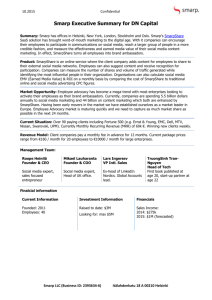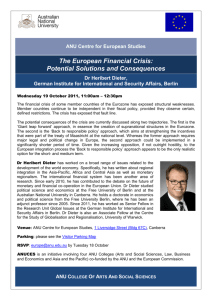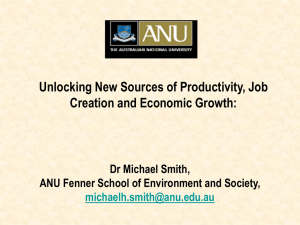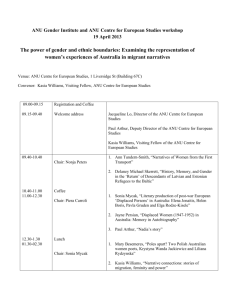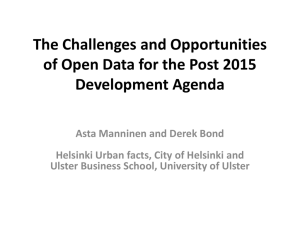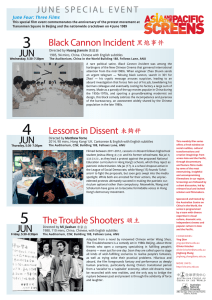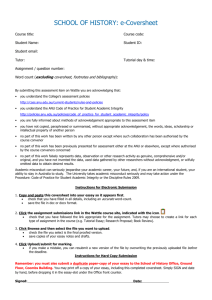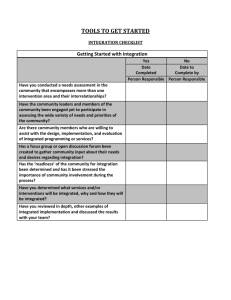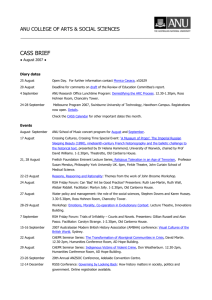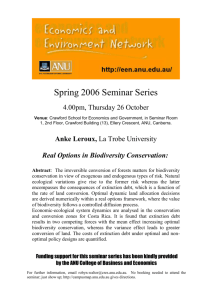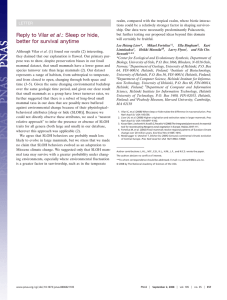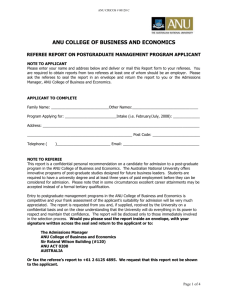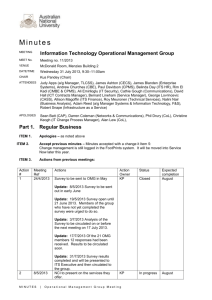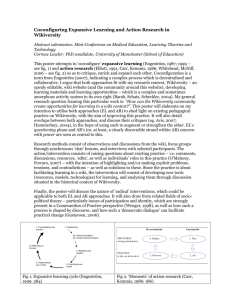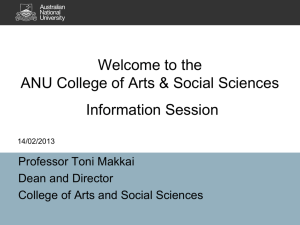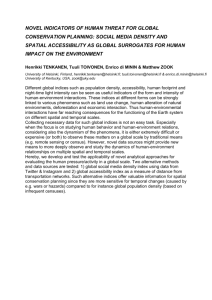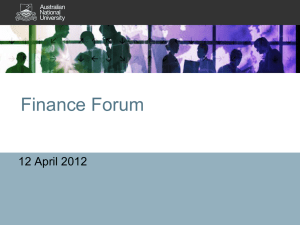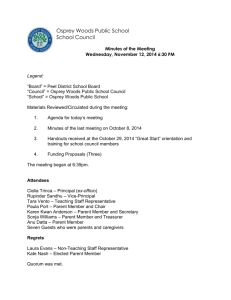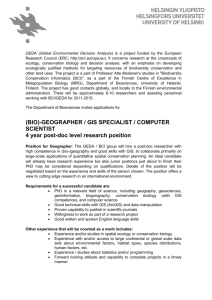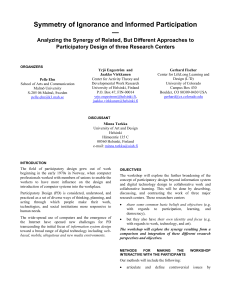The Third Finnish Conference on Cultural and Activity Research
advertisement
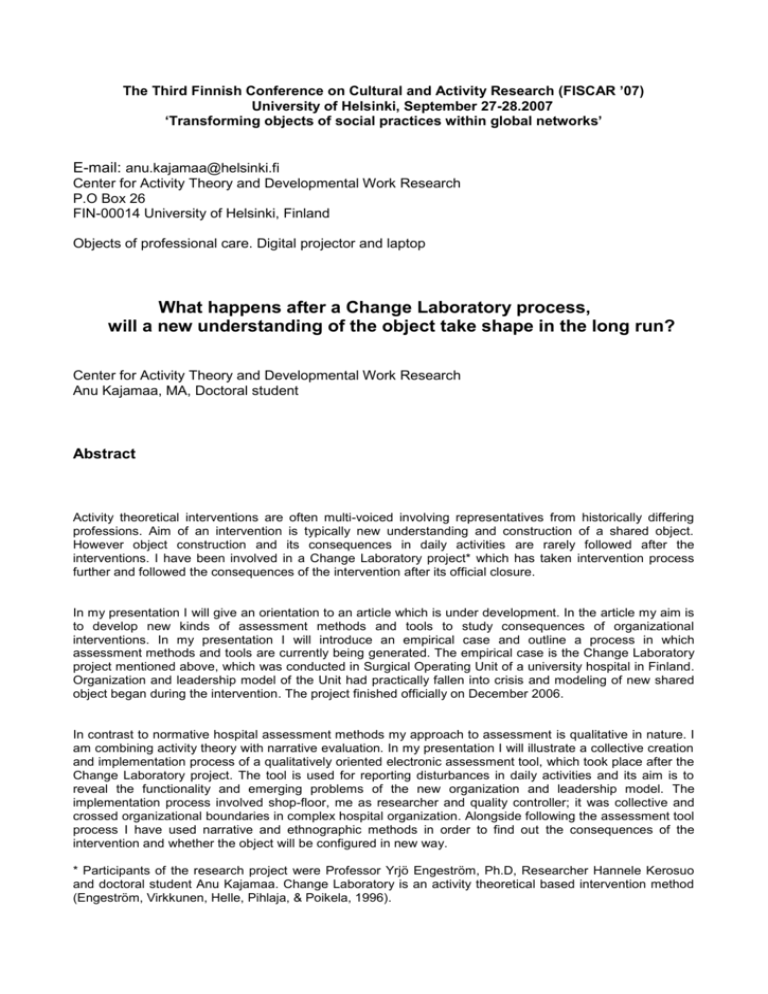
The Third Finnish Conference on Cultural and Activity Research (FISCAR ’07) University of Helsinki, September 27-28.2007 ‘Transforming objects of social practices within global networks’ E-mail: anu.kajamaa@helsinki.fi Center for Activity Theory and Developmental Work Research P.O Box 26 FIN-00014 University of Helsinki, Finland Objects of professional care. Digital projector and laptop What happens after a Change Laboratory process, will a new understanding of the object take shape in the long run? Center for Activity Theory and Developmental Work Research Anu Kajamaa, MA, Doctoral student Abstract Activity theoretical interventions are often multi-voiced involving representatives from historically differing professions. Aim of an intervention is typically new understanding and construction of a shared object. However object construction and its consequences in daily activities are rarely followed after the interventions. I have been involved in a Change Laboratory project* which has taken intervention process further and followed the consequences of the intervention after its official closure. In my presentation I will give an orientation to an article which is under development. In the article my aim is to develop new kinds of assessment methods and tools to study consequences of organizational interventions. In my presentation I will introduce an empirical case and outline a process in which assessment methods and tools are currently being generated. The empirical case is the Change Laboratory project mentioned above, which was conducted in Surgical Operating Unit of a university hospital in Finland. Organization and leadership model of the Unit had practically fallen into crisis and modeling of new shared object began during the intervention. The project finished officially on December 2006. In contrast to normative hospital assessment methods my approach to assessment is qualitative in nature. I am combining activity theory with narrative evaluation. In my presentation I will illustrate a collective creation and implementation process of a qualitatively oriented electronic assessment tool, which took place after the Change Laboratory project. The tool is used for reporting disturbances in daily activities and its aim is to reveal the functionality and emerging problems of the new organization and leadership model. The implementation process involved shop-floor, me as researcher and quality controller; it was collective and crossed organizational boundaries in complex hospital organization. Alongside following the assessment tool process I have used narrative and ethnographic methods in order to find out the consequences of the intervention and whether the object will be configured in new way. * Participants of the research project were Professor Yrjö Engeström, Ph.D, Researcher Hannele Kerosuo and doctoral student Anu Kajamaa. Change Laboratory is an activity theoretical based intervention method (Engeström, Virkkunen, Helle, Pihlaja, & Poikela, 1996).

